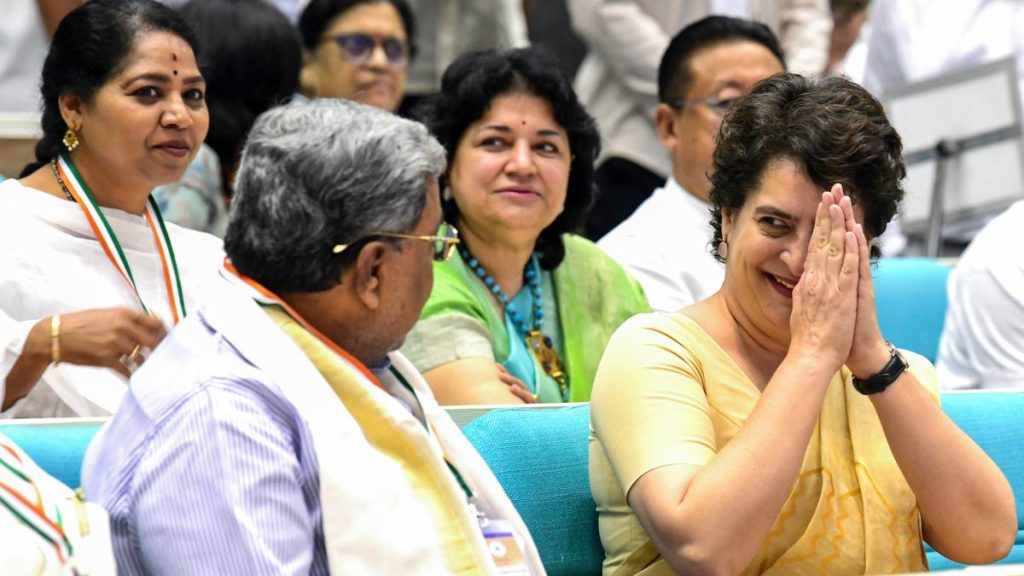Now Reading: Officials Report No Spike in Seasonal Diseases in NTR District
-
01
Officials Report No Spike in Seasonal Diseases in NTR District
Officials Report No Spike in Seasonal Diseases in NTR District

Rapid Summary
- NTR district in Andhra Pradesh received more than 150 mm of heavy rainfall on August 13 and 14, but no outbreaks of seasonal diseases like vector-borne or viral fevers have been reported.
- District Malaria Officer Moti Babu stated that despite a few fever cases reported in Cheemalapadu village in July, medical camps and screenings were conducted effectively too control the situation.
- This year, the district has reported 32 malaria cases and five dengue cases compared to last year’s higher counts (36 malaria cases and 50 dengue cases). No chikungunya cases are recorded so far.
- A control room for monitoring seasonal disease outbreaks has been established at the Collectorate, with camps set up promptly if three or more disease cases are reported in any area.
- in Vijayawada city,Chief Medical Officer K. Arjuna Rao confirmed ther has been no increase in seasonal diseases following waterlogging earlier this month; medical teams are being stationed at all rehabilitation centres to monitor conditions actively.
- To address mosquito issues around Budameru drain areas, regular fogging and anti-larval activities are ongoing as part of preventive measures by local authorities. Currently, there are no active malaria or dengue patients reported within Vijayawada city limits.
- The administration is also observing “Friday-Dryday,” implementing measures aimed at ensuring clean conditions to mitigate disease risks.
Indian Opinion Analysis
The effective response by authorities in NTR district amid heavy rainfall highlights proactive governance measures aimed at addressing public health challenges during adverse weather conditions. rapid deployment of medical camps and ongoing mosquito-control initiatives indicate focused action on preventing disease outbreaks rather than reactive responses after emergencies arise.
Though, while current efforts appear robust-especially with initiatives like Friday-dryday-continued vigilance is essential given notable annual fluctuations observed in dengue case numbers between this year and last year (50 vs five). This underscores the need for sustained public awareness campaigns alongside infrastructural improvements such as drainage system upgrades for long-term health benefits.
The absence of major seasonal disease outbreaks despite flooding also bodes well for urban disaster management initiatives elsewhere across India facing similar climate-driven challenges. Emphasizing localized interventions paired with centralized monitoring mechanisms coudl serve as models adaptable nationwide.Read More: Published – August 21,2025 | IST

























